Data-driven Process Systems Engineering Lab
Publications
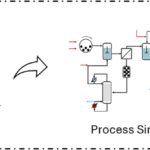
Chemical Engineering Journal 2024
Chemical recycling of consumer plastics has garnered great attention recently towards achieving circular economy goals. Particularly in the case of PET waste, mechanochemical depolymerization in ball mill reactors has been identified as a very promising technology due to the high…
Computer Aided Chemical Engineering 2023
This “white paper” is a concise perspective of the potential of machine learning in the process systems engineering (PSE) domain, based on a session during FIPSE 5, held in Crete, Greece, June 27–29, 2022. The session included two invited talks…
Energies 2023
In many areas of constrained optimization, representing all possible constraints that give rise to an accurate feasible region can be difficult and computationally prohibitive for online use. Satisfying feasibility constraints becomes more challenging in high-dimensional, non-convex regimes which are common…
International Journal of Electrical Power and Energy Systems 2024
This manuscript presents a complete framework for the development and verification of physics-informed neural networks with application to the alternating-current power flow (ACPF) equations. Physics-informed neural networks (PINN)s have received considerable interest within power systems communities for their ability to…
Engineering Applications of Artificial Intelligence 2024
Estimation of the rate of change of a system's states from state measurements is a key step in several system analysis and model-building workflows. While numerous interpolating models exist for inferring derivatives of time series when data is disturbed by…
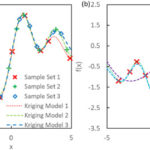
Optimization and Engineering 2022
Black-box surrogate-based optimization has received increasing attention due to the growing interest in solving optimization problems with embedded simulation data. The main challenge in surrogate-based optimization is the lack of consistently convergent behavior, due to the variability introduced by initialization,…
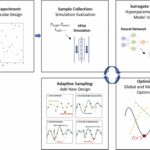
Chemical Engineering Research and Design 2022
Technologies for post-combustion carbon capture are essential for the reduction of greenhouse gas emissions to the atmosphere. However, they are still associated with high costs and energy consumption. Intensified processes for carbon capture have the potential to overcome these challenges…
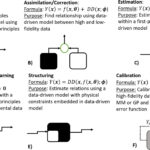
Computers & Chemical Engineering 2022
Efficiently embedding and/or integrating mechanistic information with data-driven models is essential if it is desired to simultaneously take advantage of both engineering principles and data-science. The opportunity for hybridization occurs in many scenarios, such as the development of a faster…
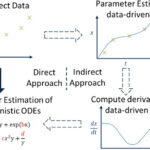
Industrial & Engineering Chemistry Research 2021
Modeling physiochemical relationships using dynamic data is a common task in fields throughout science and engineering. A common step in developing generalizable, mechanistic models is to fit unmeasured parameters to measured data. However, fitting differential equation-based models can be computation-intensive…
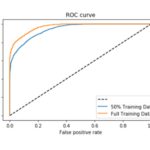
Computer Aided Chemical Engineering 2021
In power grid operation, optimal power flow (OPF) problems are solved several times per day to find economically optimal generator setpoints that balance given load demands. Ideally, we seek an optimal solution that is also “N-1 secure”, meaning the system can…
